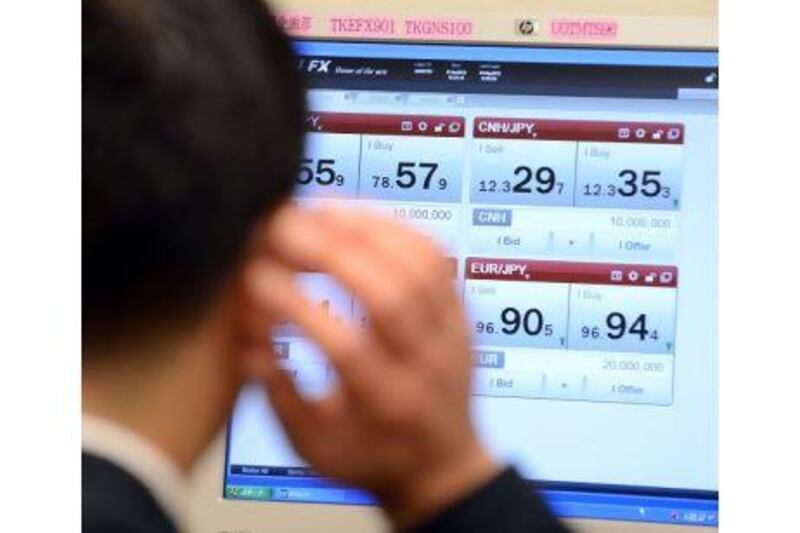1 Regularly check economic calendars to spot the latest market announcements
The forex market is open 24 hours a day and needs regular checks to trade on the upward and downward movements of currency pairs and commodities. The ability to trade, both when markets are rising and when they are falling, means that forex traders can always take advantage of an opportunity. There is no reliance on either side of the market and, as a result, there are more trading opportunities and more manageable risks.
2 Read and understand the opinion consensus and forecasts before buying or selling
In forex, the idea is simple: buy at a low price and sell later at a higher price, or sell at a high price (as a future) and buy later at a lower price. The market, of course, becomes more complex in reality. Difficult choices include when to sell, how much capital to risk and, more crucially, which currencies to focus on. Trends that might have been expected have become clear, particularly with regards to the pairs being traded, with the most popular pair (euro/US dollar) making up between 40 and 50 per cent of the global market.
3 Choose relevant currency pairs that you are familiar with and follow the economic announcements from those markets
The US dollar is the most popular currency and is part of most of the pairs available, such as the US dollar/euro, US dollar/yen and Australian dollar/US dollar. US market movements have a heavy impact on the forex market. Due to the peg binding the US dollar and the UAE dirham, the principles of trading dirhams on an international level are comparable to dollars, making the international world more accessible for UAE investors and also resulting in a large quantity of euro/dirham traffic across the forex market here.
4 Follow common economic triggers
These tend to be budgetary announcements, political developments and major events such as the nuclear disaster in Japan. They typically present trading opportunities. Economic announcements that can cause movements include job figures, changes in inflation rates, federal open market committee announcements, non-farm payroll, consumer sentiment, industrial production and trade balance.
5 Know when to trade and how to trade
Trading time is crucial. The market movement is most sensitive in the hours after an economic announcement, with the effect lasting a few days.
6 Protect yourself against losses due to market volatility; stick to the 1 per cent rule
Losses can be minimised if you risk only 1 per cent of your capital on each trade. For example, if you have US$10,000 (Dh36,729), you will risk $100 on each trade.
7 Do not be tempted to overleverage
A common mistake among new traders is using too much leverage. The risks related to this are proportionately higher. Price movements are exaggerated on leveraged trades and if the trader does not have enough money in his or her account, then the position will likely be closed automatically.
8 Do not focus all of your investments in forex
It is not hard to see why the forex market has grown so large. Fear of clients' assets stagnating and long-term investments falling short of the mark have opened the way for short-term strategies that now - with modern technology, improved access to market intelligence and data and more experienced traders - present a more attractive risk-reward profile than ever before. However, as any investment adviser will tell you, maintain a diversified portfolio that spreads and manages risk and reward.
9 Do not trade blindly - ensure you are armed with information to inform your decisions
It is crucial that people understand how the technological tools work, how the markets work and when to trade. For these reasons, I would strongly encourage those people new to forex trading to look for a broker or online trading platform that demonstrates experience and provides guidance, research and analysis.
10 Plan your trade, trade your plan
Set a trading plan and follow it. Don't let emotions and feelings take over your strategy. The global forex trade market reaches almost $5 trillion daily, which, due to the current fiscal climate, is unparalleled in other markets. This pool of liquidity is not only attracting individuals with smaller assets, but also the "big sharks" of the financial world, such as treasuries and large financial institutions. It is important to stick to your plan and strategy while trading, no matter what other big institutions are doing. And remember: your plan should be tailored according to your budget and your needs.
Iskandar Najjar is the chief executive of Alpari ME DMCC






